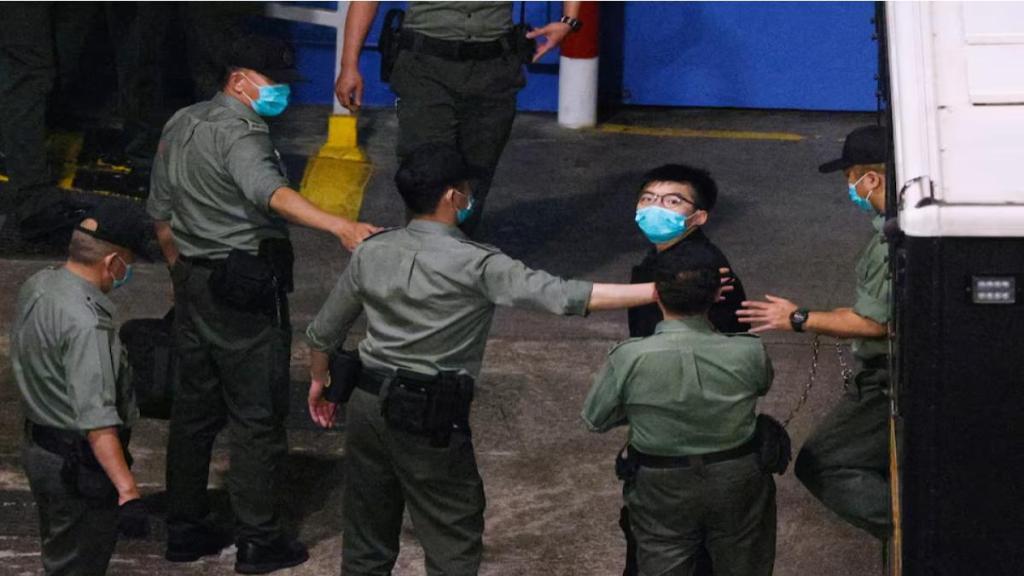Hong Kong’s High Court on Tuesday sentenced 45 pro-democracy activists to prison terms of up to 10 years after a landmark national security trial that dealt a major blow to the city’s once-vibrant democracy movement and drew international criticism, including from the U.S.
The 47 activists were arrested in 2021 and charged with conspiracy to commit subversion under a Beijing-imposed national security law, facing potential life sentences.
Prison terms ranged from four years and two months to 10 years, with legal scholar Benny Tai receiving the longest sentence. Two of the original 47 defendants were acquitted, while 31 pleaded guilty, increasing their chances for reduced sentences, AP reported.
The activists were convicted of conspiracy to commit subversion under the 2020 national security law. Judges argued the plans undermined government authority and risked creating a constitutional crisis.
In their judgment, the judges highlighted the extensive resources invested in the primary election and dismissed claims that the scheme was unattainable. They noted that defendants who admitted they were unaware of the plan’s unlawfulness received reduced sentences, but not Tai or fellow lawyer Alvin Yeung, who were “adamant” in pushing for its implementation.
Observers see the case as emblematic of Hong Kong’s diminishing freedoms under Beijing’s rule, despite promises to uphold civil liberties for 50 years after the city’s 1997 return to China. Beijing insists the law is essential for stability.
Among the convicted are prominent activists like Tai, former student leader Joshua Wong, and former lawmakers. Many had already spent over three years in detention. While some expressed remorse during sentencing, others remained defiant.
Public interest in the trial remained strong, with over 200 people queuing for courtroom seats despite rainy conditions. Supporters, including a 100-year-old man, said they wanted to show solidarity with the activists.
The 2020 unofficial primary, which drew 610,000 voters, was part of a broader push for democratic reforms following mass protests in 2019. However, the government postponed the subsequent legislative election, citing COVID-19 concerns.
The national security law, imposed by Beijing, allows for sentences ranging from under three years to life, depending on the severity of the offense.

